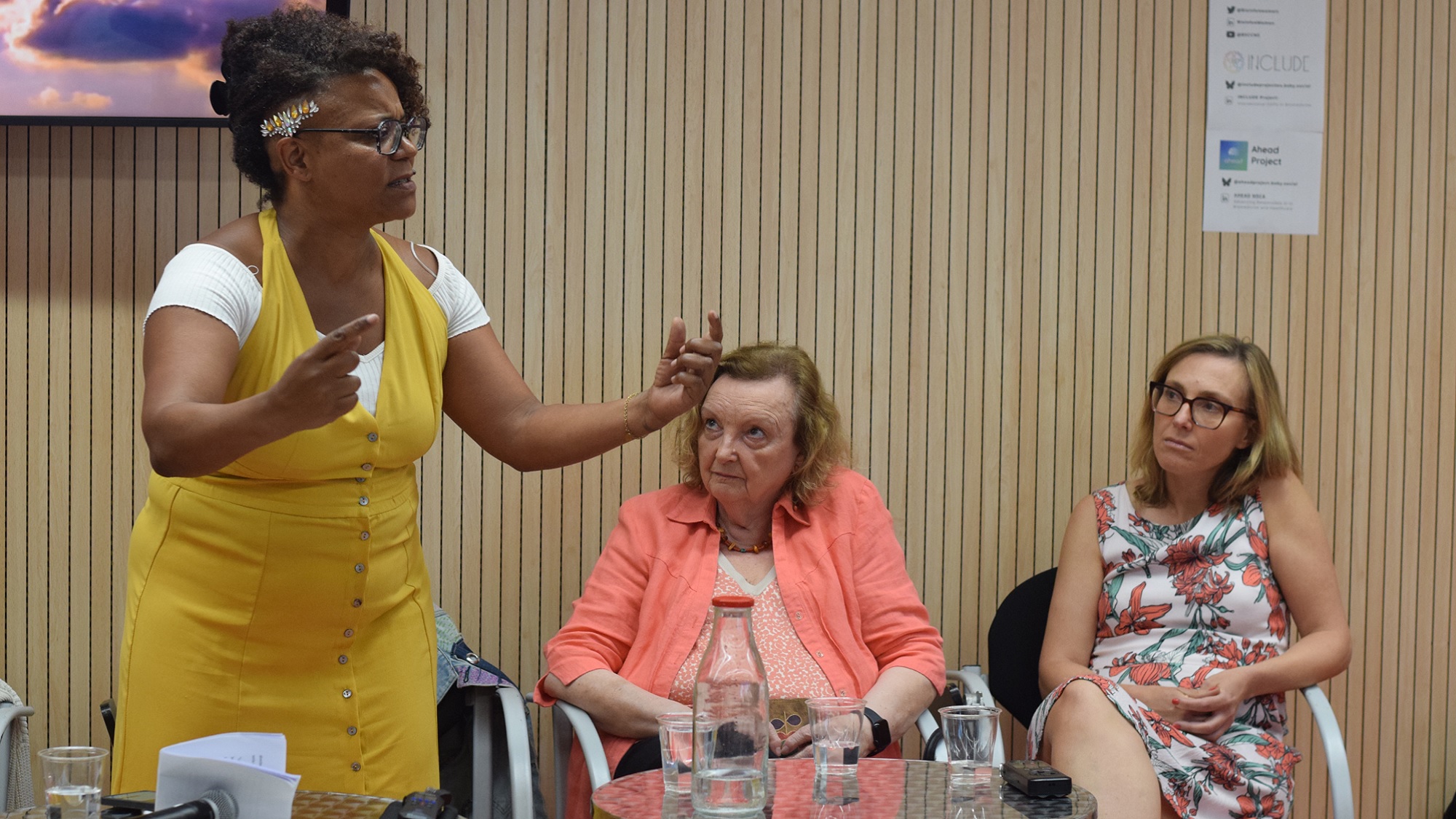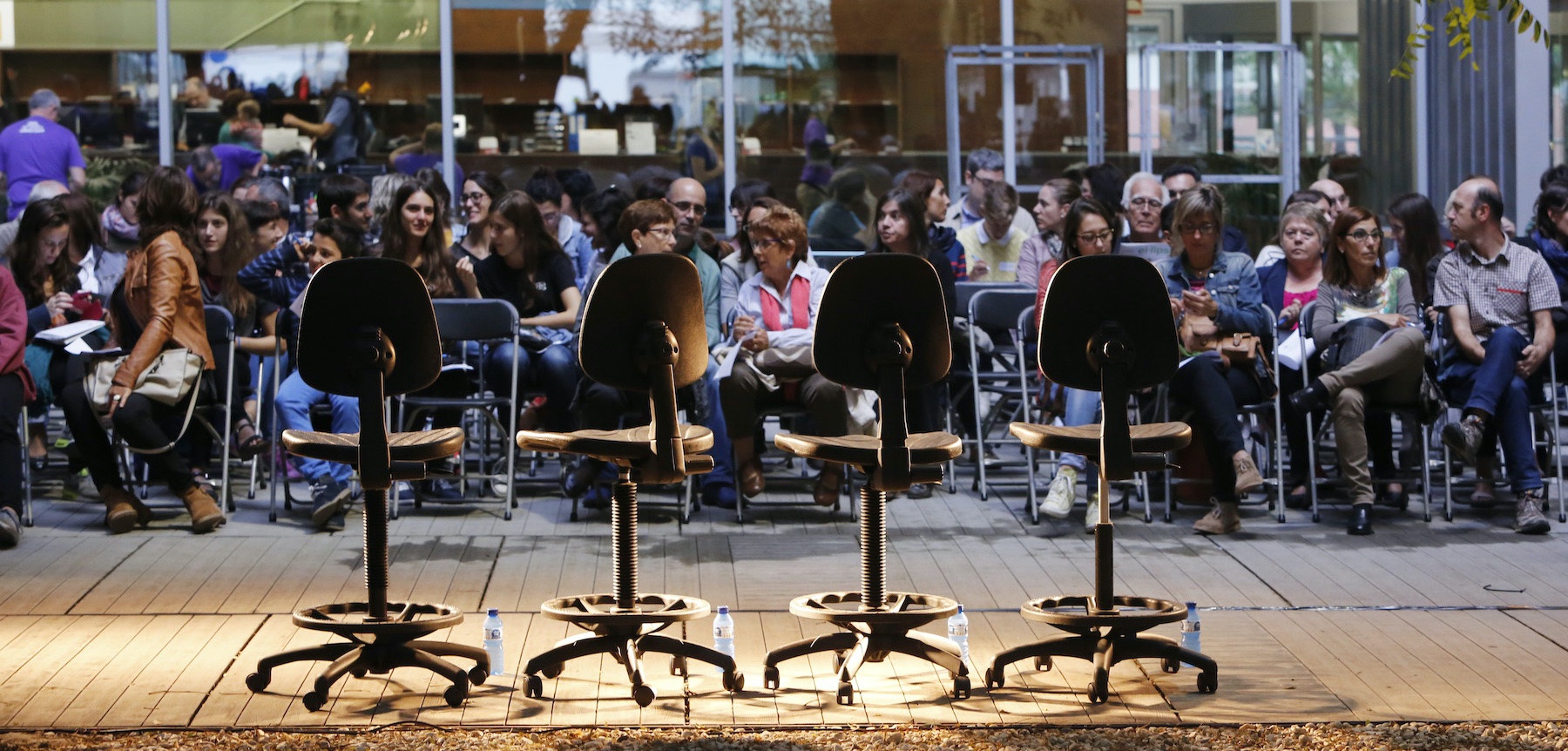
Encouraging scientific culture
One of the strategic objectives of the PRBB research centres is to encourage scientific culture. We want to transmit scientific advances and knowledge to society and awaken inspiration and curiosity in young people and future scientists.
The Barcelona Biomedical Research Park (PRBB) is part of the FECYT network of Scientific Culture and Innovation Units (UCC+i) and a member of Barcelona City Hall’s Educational Innovation Council.
●
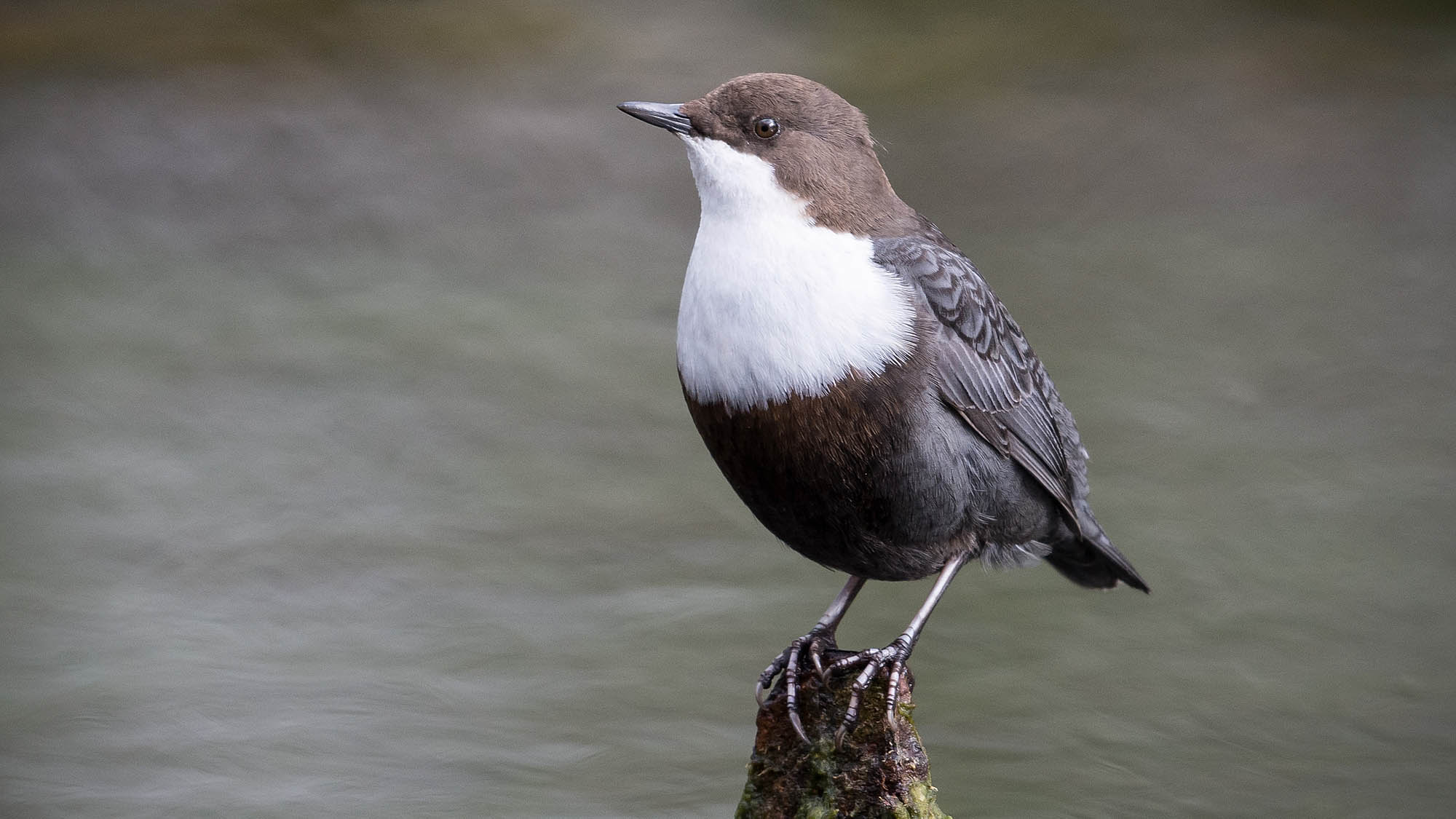
The PRBB Award celebrates 20 years with the white-throated dipper as the protagonist

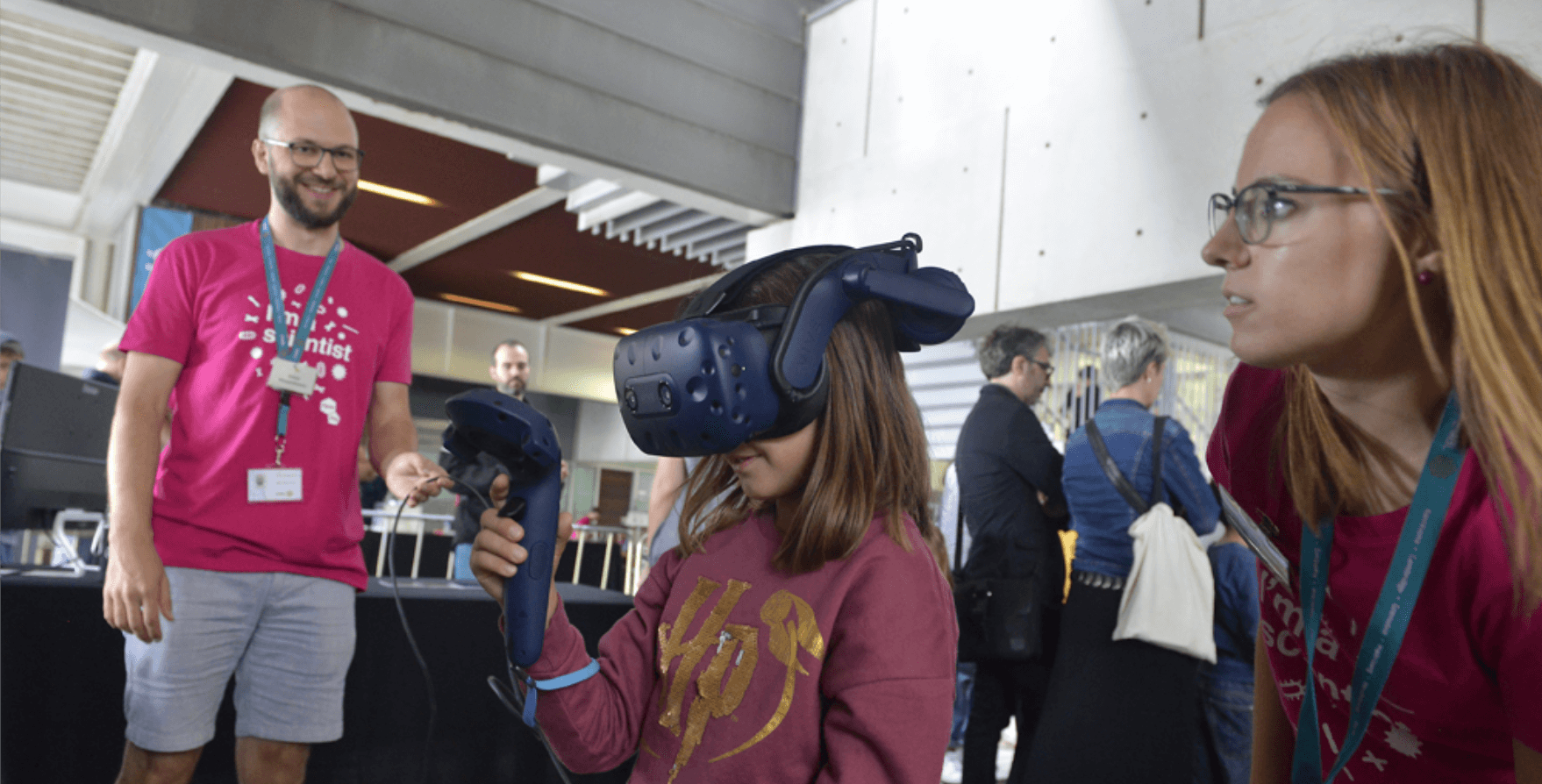
#OpenPRBB 2025: We are PRBB. We are scientists.
Every year, at the beginning of October, we open the doors of the Park. Scientists of the PRBB centres explain what they do, how they do it and where they do it. We invite the visitors to spend an exciting morning, having fun with science and getting to know a great infrastructure of the city and those who work in it.
This 2025, we look forward to seeing you next October 4 ! The open day programme includes guided tours of the laboratories, workshops and scientific talks. Volunteers from the Park dedicate an entire Saturday morning to show what lies behind this scientific infrastructure.
This science outreach event is only possible thanks to the collaboration of the PRBB centres and Barcelona City Council.
●

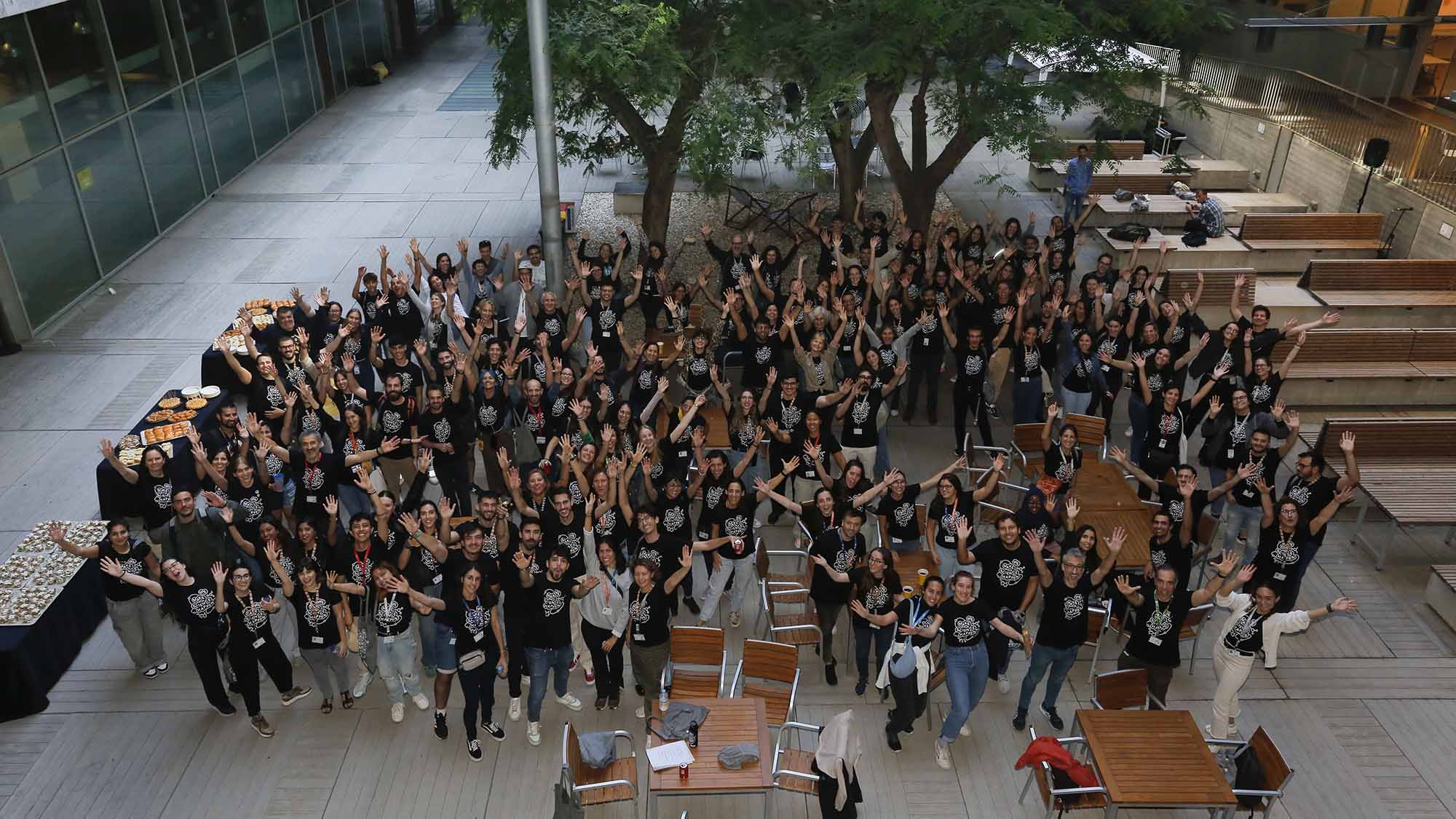
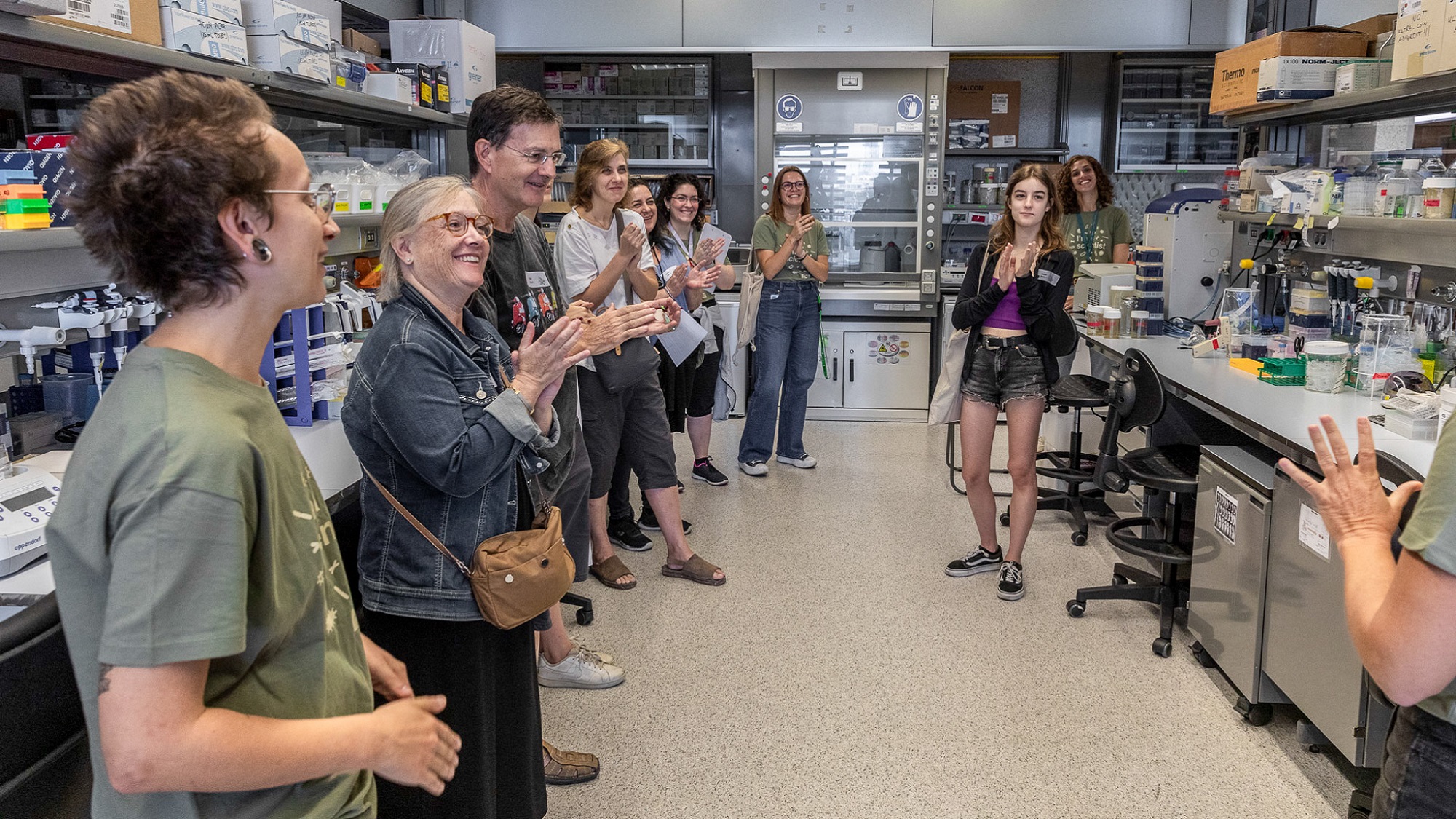
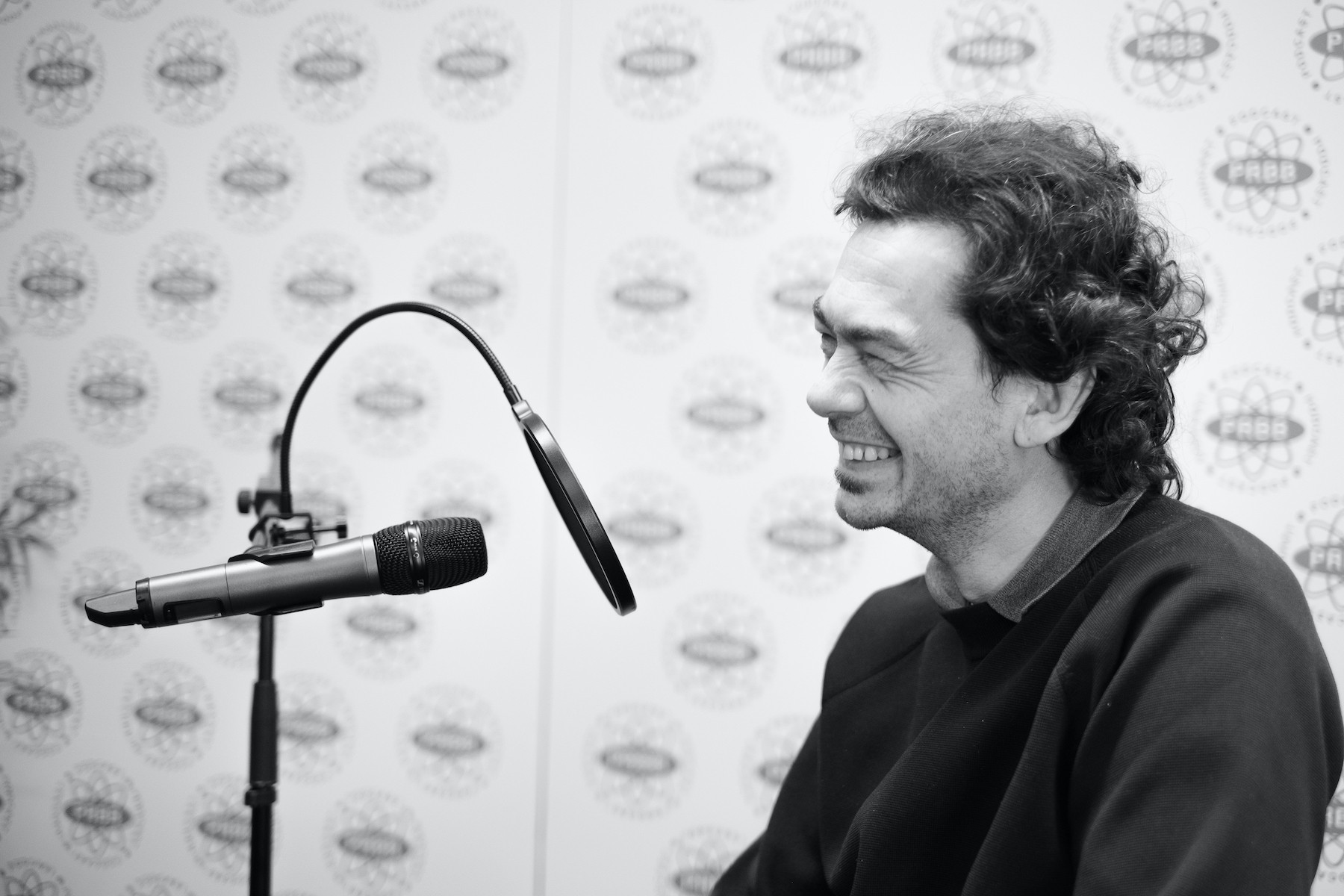
Science to listen to
Exploring new communicative formats to disseminate science, discover and listen to the research done in the PRBB and get to know the people behind it.
●La Mare de la Ciència
A narrative podcast with 15-minute episodes in Catalan that delves into research projects and the stories of researchers from the Park's centres.
Listen on: Spotify, Apple Podcast, Amazon Music, Spreaker, iVoox
●Absolutos y Relativos
A podcast with fresh 30-minute interviews in Spanish by Luca T. Barone with researchers from the Park's centres.
Listen on: Spreaker, Spotify, Apple Podcast, Amazon Music, iVoox
●Science with a view
A podcast where two experts in the same field come together under the direction of Chris George to address key issues in science
Listen on: Spreaker, Spotify, Apple Podcast, Amazon Music, iVoox.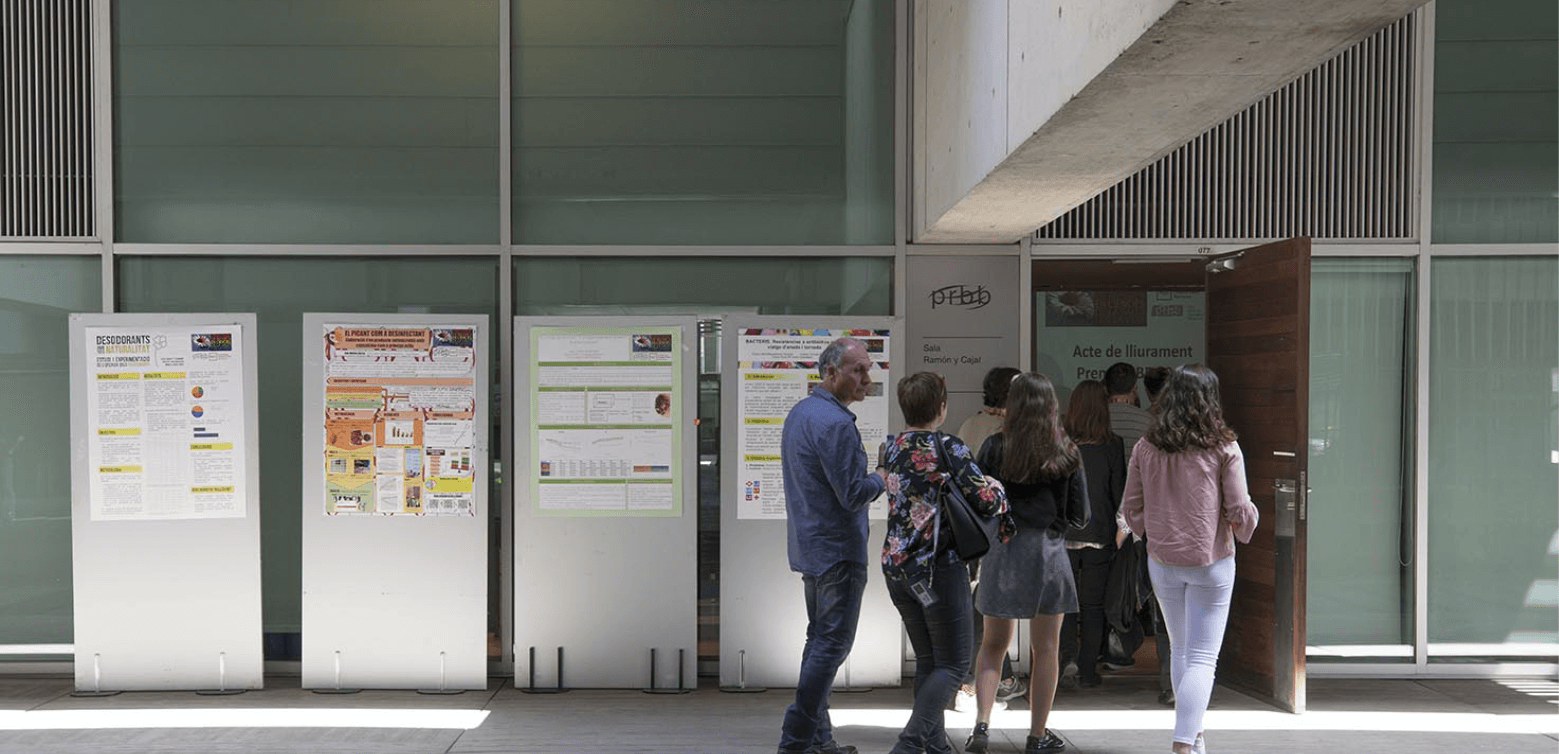
We want your talent!
At the PRBB we want to boost the careers of those high school students who do their research work in the field of life sciences and biomedicine.
The UPF Faculty of Health and Life Sciences and the PRBB have been awarding the PRBB Health and Life Sciences Research Prize every year since 2005, honouring and showcasing the five best pieces of work in biological sciences.
Consult the rules for the call for entries on the PRBB Prize website:
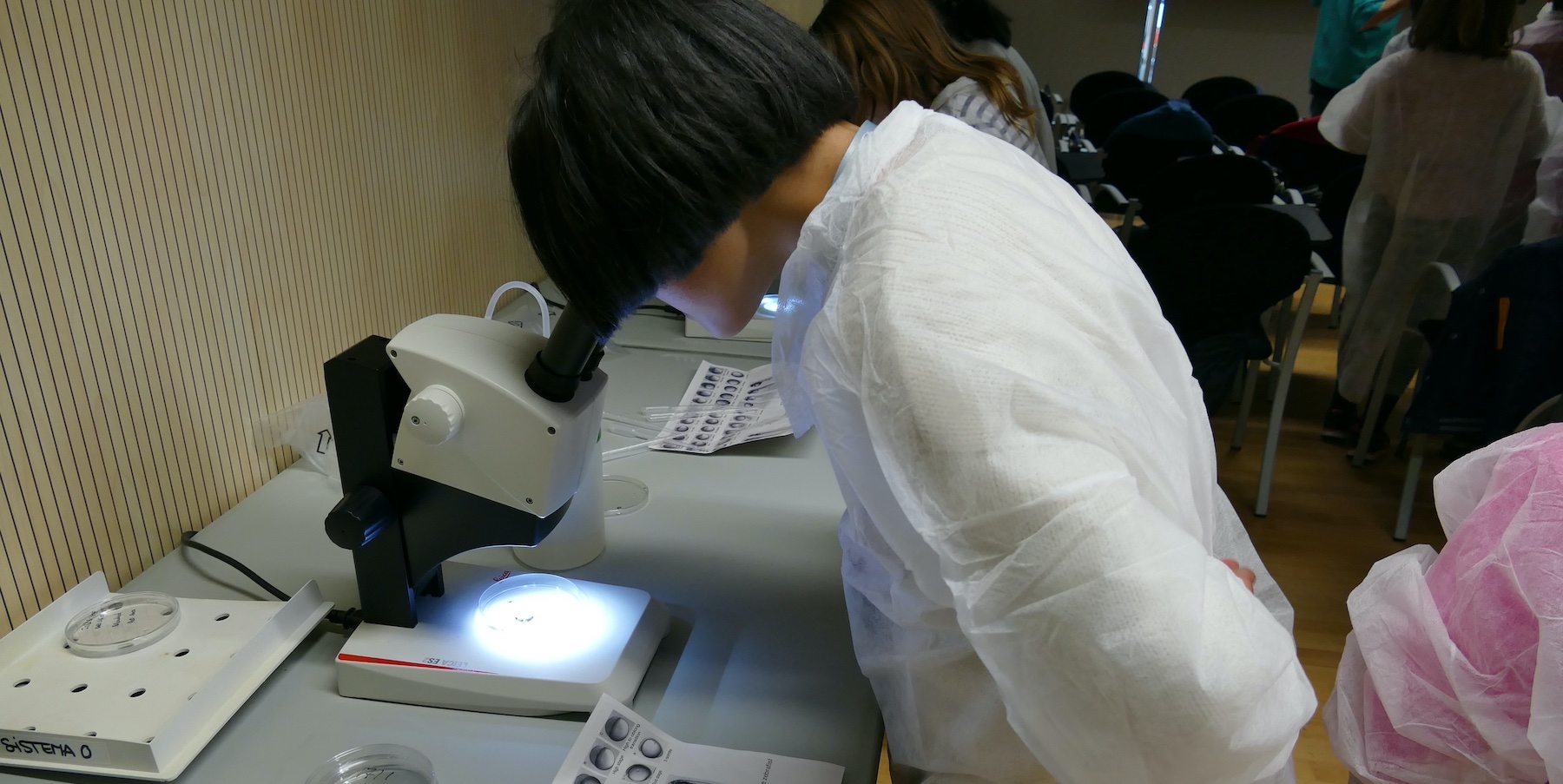
Awakening scientific minds
The PRBB organises various activities and workshops for primary, ESO and High School students during the school year (September-July) with the collaboration of the PRBB research centres.
●Dimarts de Ciència (Science Tuesdays)
Cycle of talks for students aged between 16 and 18 that aims to bring them closer to topics in life sciences and biomedicine, that affect society. Face-to-face and online sessions.
●Science journalists
Activity that aims to bring the world of science in a didactic way to students in the second cycle of primary school (4th and 5th primary school). We want to encourage thinking and curiosity for scientific work through the preparation of questions and conducting an interview with a researcher. Face-to-face and online sessions.
Educational activities newsletterEducational resources
●Science in play
Activity to be carried out in the classroom to learn about some of the work carried out by researchers at the PRBB in a simple way. Aimed at the third cycle of primary school and 1st and 2nd year of ESO.
→ Worksheets (PDF in Catalan)
→ Guide for teachers (PDF in Catalan)
●Who is who
The PRBB Equality, Diversity and Inclusion Committee created the board game "Who's Who" which especially highlights women scientists from different cultures. The game (a 80 by 80 cm wooden suitcase or downloadable printable tokens) is available for use in schools and at other events.
●Cell Education Module (CRG)
Experiments and resources for the classroom to explore sexual reproduction and embryonic development in multicellular organisms such as animals from a molecular perspective. For the third cycle of primary school and 1st and 2nd year of ESO.
→ Download
●Educational module on viruses, bacteria, vaccines and antibiotics (CRG)
Educational package aimed at teaching how antibiotic-resistant bacterial diseases can be treated from the point of view of biology, but without neglecting its social and ethical aspects. For 3rd and 4th ESO.
→ Download
●Travelling electrophoresis kit (CRG)
The kit is on loan at the school for ten days, and delivery and collection are free of charge. For the second cycle of ESO and High School.
●Redrawing Barcelona (ISGlobal)
The graphic novel Redrawing Barcelona draws on scientific evidence to address issues such as air pollution, noise and sedentary lifestyles in the city
→ Download
●Colouring book (EMBL)
Colouring book for the first cycle of primary school
→ Download (only in Spanish)
●ADNZine (EMBL)
Comic book in Spanish about DNA. For ESO and High School
→ Download (only in Spanish)
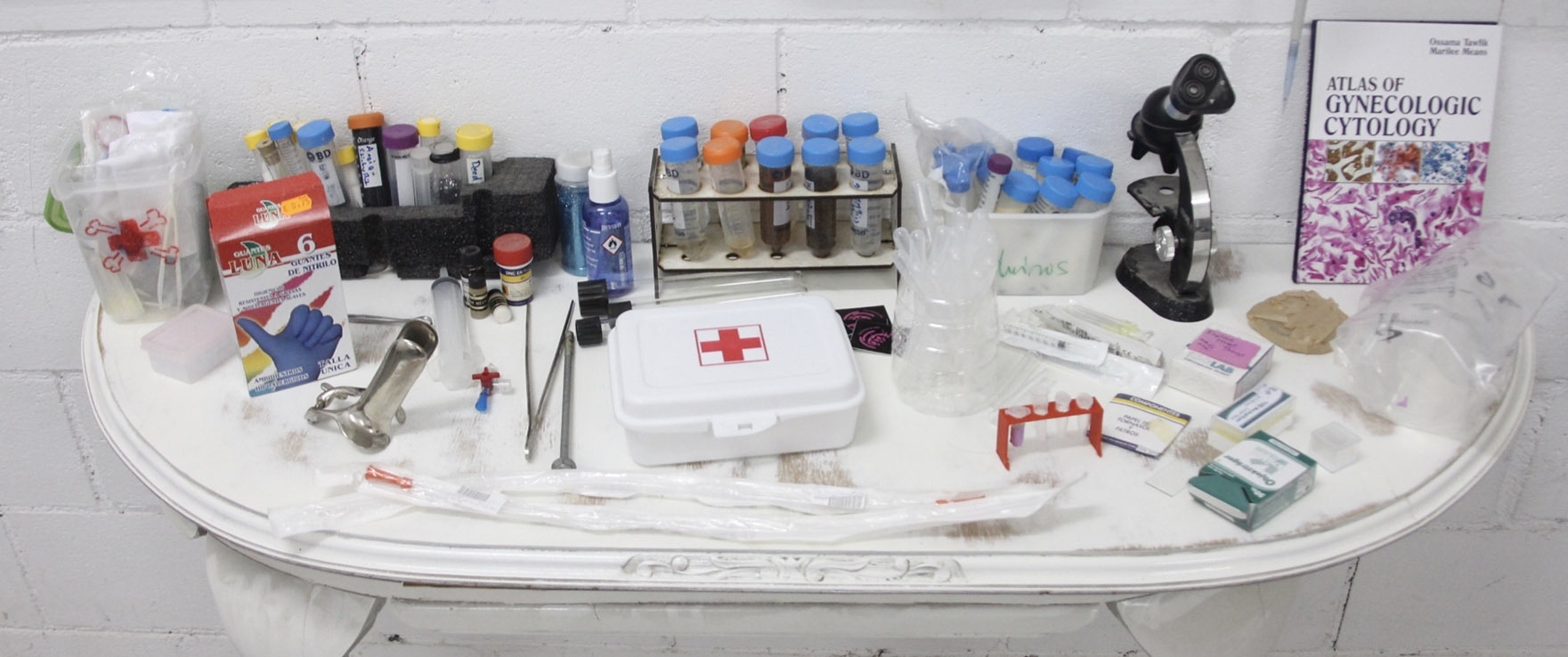
Some of the PRBB research centres run citizen science projects that encourage more democratic science. By integrating, committing to and actively involving the general public in research projects, we seek to build knowledge together, empowering society.
→ Genigma (CRG)
Citizen science to explore the human genome.
→ CitieS Health Toolkit (ISGLOBAL)
Collection of adaptable tools to engage communities.
→ Melanogaster Catch the Fly (IBE)
The first citizen science network on adaptive genomics.
→ Biohacking (with the collaboration of Hangar)
Knowledge production between art and biotechnology.
→ Stick out your tongue (CRG)
The first map of the oral microbiome.
→ Citi-sense (ISGlobal)
Monitoring air pollution with low-cost sensor technologies.
→ Barcelona Citizen Science Office
●

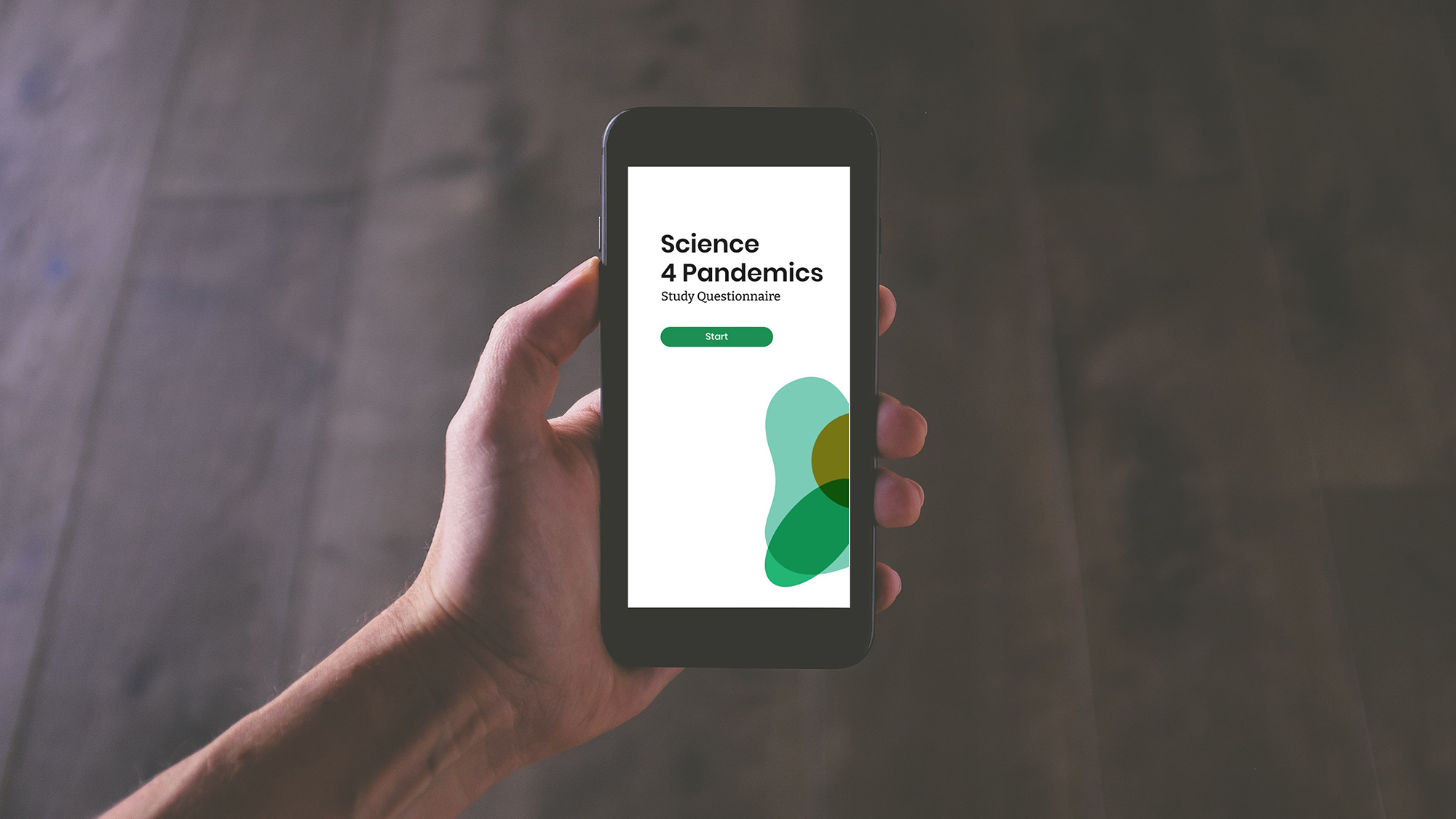
Science4Pandemics: the European project to prepare for future pandemics
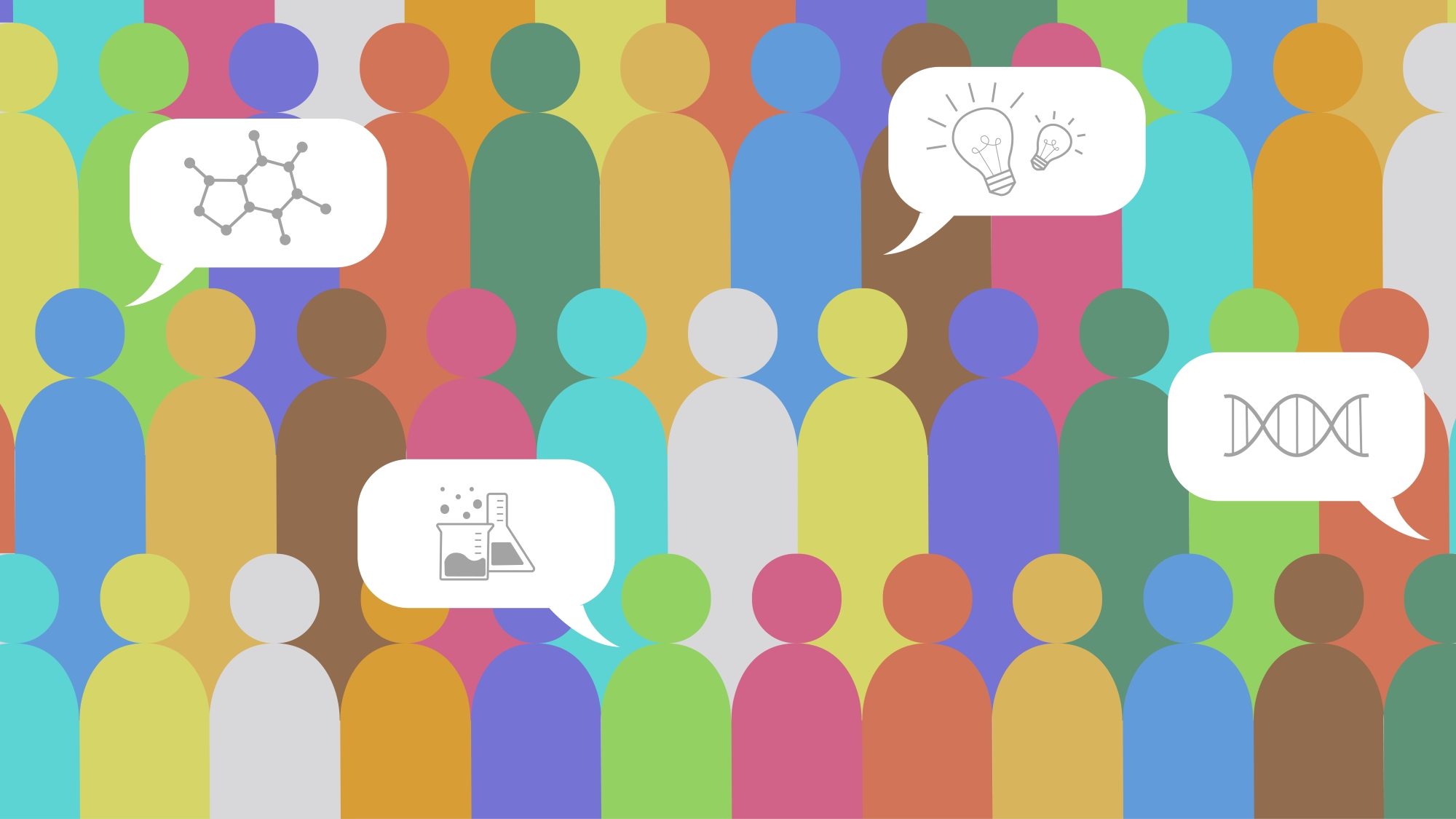
Science for all: a visit to the citizen science projects of PRBB centres
